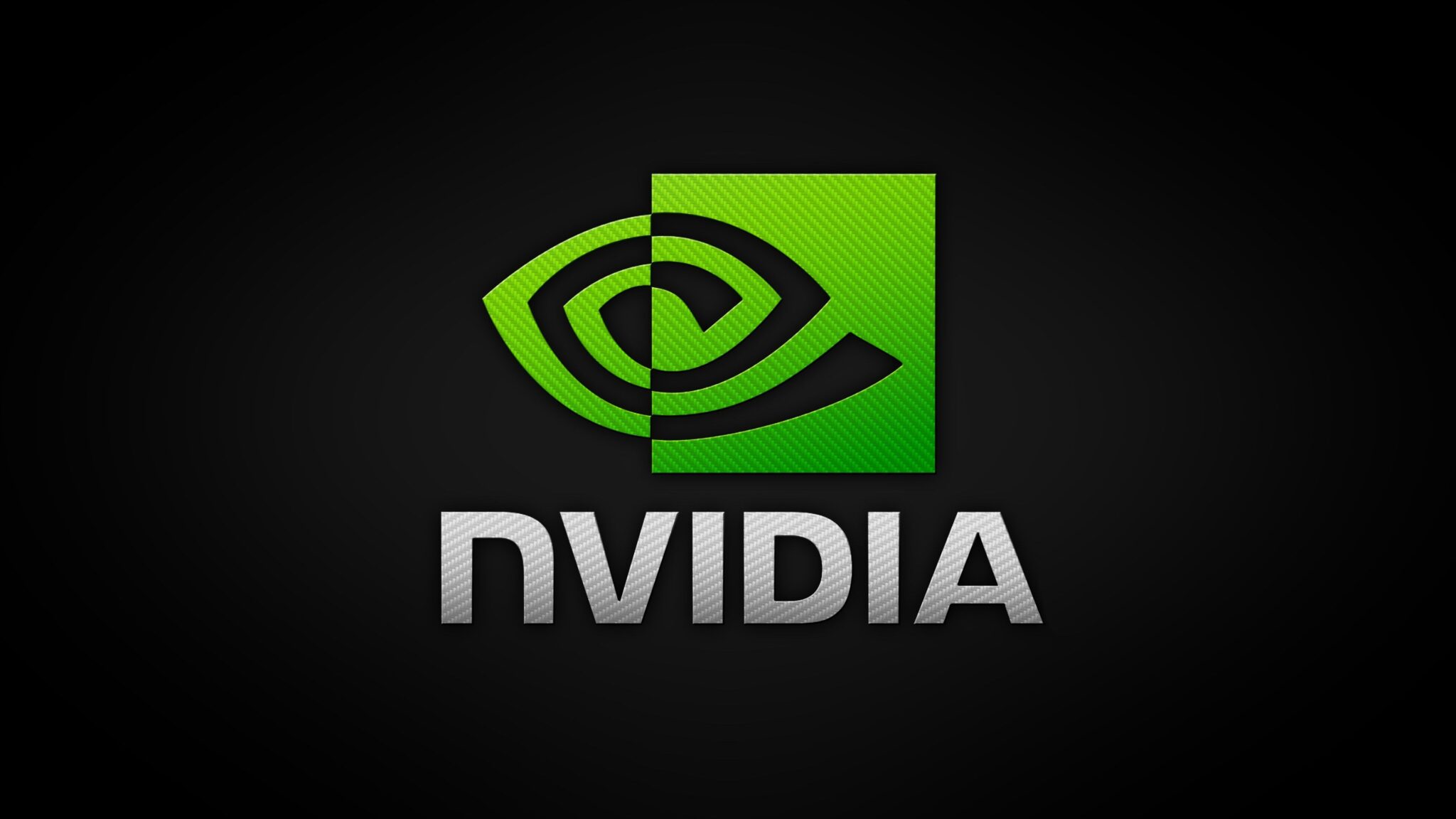Nvidia, the world’s most valuable company, posted another blockbuster quarter on Wednesday, reporting $46.7 billion in revenue, a 56% jump compared to the same period last year. The surge was driven largely by its AI-dominated data center division, which contributed $41.1 billion in revenue, also up 56% year-over-year.
The company’s latest generation of AI chips, known as Blackwell, proved to be the standout performer, generating $27 billion in sales for the quarter. “Blackwell is the AI platform the world has been waiting for,” CEO Jensen Huang said in a statement. “The AI race is on, and Blackwell is the platform at its center.”
Net income rose sharply as well, reaching $26.4 billion, a 59% increase over last year. Nvidia highlighted its role in supporting OpenAI’s recently released open-source gpt-oss models, which it said were capable of processing “1.5 million tokens per second on a single Nvidia Blackwell GB200 NVL72 rack-scale system.”
Looking ahead, Huang predicted that global AI infrastructure spending could reach between $3 trillion and $4 trillion by the end of the decade. “$3 to 4 trillion is fairly sensible for the next five years,” he told analysts on the call.
Still, Nvidia continues to face hurdles in China. The company reported no sales of its H20 chip to Chinese customers last quarter, though it did record $650 million worth of H20 shipments to a customer outside of China.
The slowdown stems from both regulatory and political roadblocks. While the Biden-era export ban on advanced GPUs remains in place, the Trump administration has introduced an unusual workaround: allowing sales to China if Nvidia pays a 15% export tax to the U.S. Treasury. Legal scholars have described the arrangement as an unconstitutional abuse of executive power, and Nvidia CFO Colette Kress noted on the call that uncertainty around the policy has delayed shipments.
“While a select number of our China-based customers have received licenses over the past few weeks, we have not shipped any H20 devices based on those licenses,” Kress said. The Chinese government, meanwhile, has discouraged domestic companies from using Nvidia chips, leading the company to halt H20 production earlier this month.
Despite the China challenges, Nvidia expects momentum to continue. The company projected $54 billion in revenue for the third quarter, plus or minus 2%, and confirmed that its guidance does not include any H20 sales to China.







